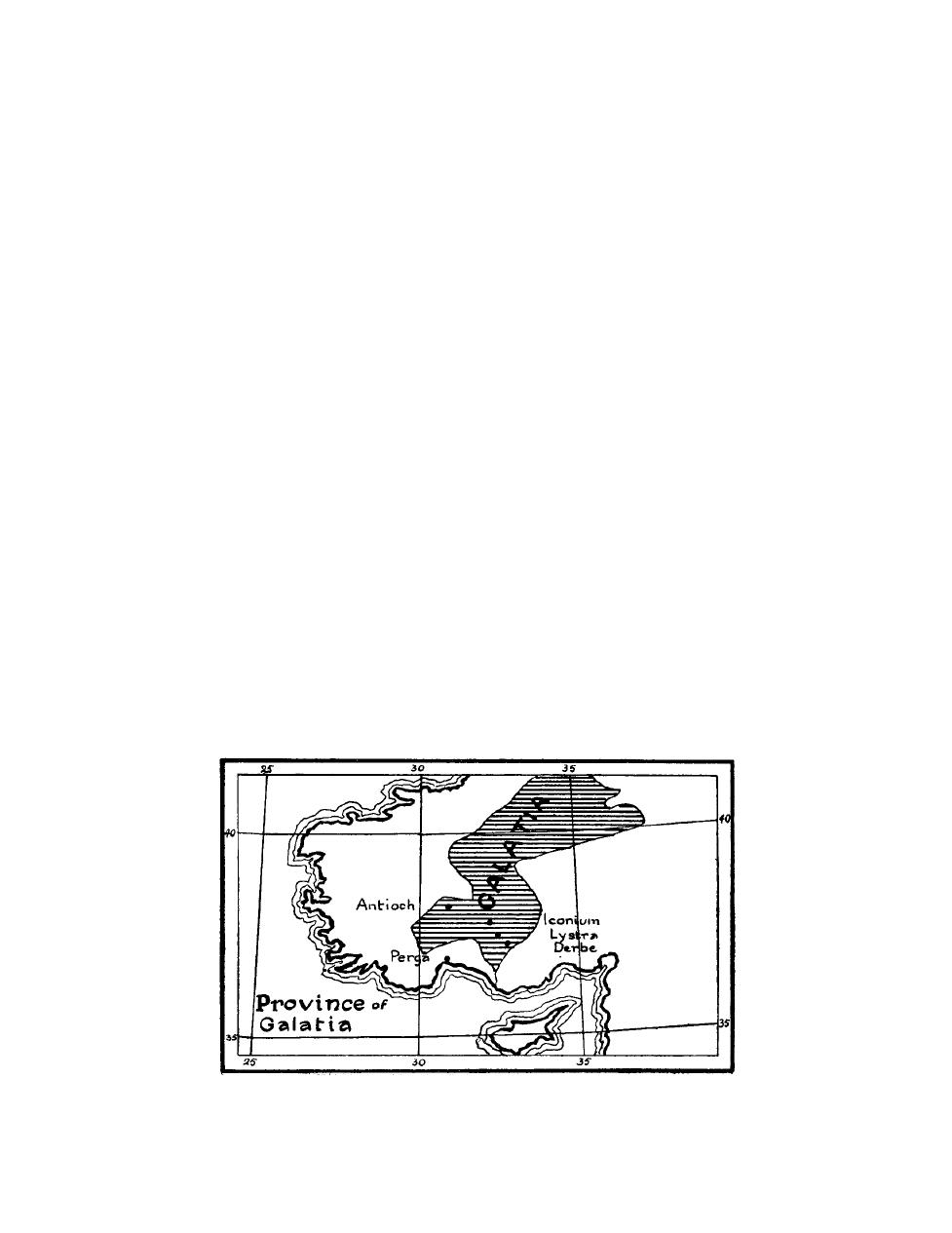
80
The closing verses of this witness at Antioch are:
`And when the Gentiles heard this, they were glad, and glorified the word of the Lord: and as many as were
ordained to eternal life believed. And the word of the Lord was published throughout all the region' (Acts
13:48,49).
It should be noted that the A.V. has given an unfortunate turn to the meaning of the word in translating tasso, in
this verse, `ordained'. The word means to set in order, and while by no means denying the sovereign grace of God,
looks also to the fact that whereas the Jews `judged themselves unworthy of everlasting life', the Gentiles who heard
rejoiced at the message and glorified God for His grace.
We have dealt with Paul's doctrine of justification, apart from the law of Moses, in The Berean Expositor Vol.
18, p. 83, and in chapter 5 of Just and the Justifier. As this section has already reached its limits, we must refer the
reader to those pages for further notes on this great subject.
The Light to lighten the Gentiles, and the Opened Door
(Acts 13 to 14:28)
The Book of the Acts is so full of interesting subject matter that one has continually to recall the prime object of
these studies, lest the unfolding purposes of grace which it describes should be obscured by the wealth of
archaeological and other interests. Much, for example, that could be said about Antioch, Lystra, and the cities of
Galatia visited by Paul on this momentous journey must be omitted here and left for the interested reader to discover
for himself. One point, however, we will mention in passing. In the previous sentence we have used the term
`Galatia', and this may cause some readers to wonder whether a mistake has been made. Up till recently, the Galatia
visited by Paul was considered to be the kingdom of that name, shown on maps of Asia Minor, and lying much
further North than Antioch. Sir William Ramsay has, however, established from monumental inscriptions and
ancient writings that the Roman Province of Galatia extended further South and included the cities of Antioch,
Iconium Lystra and Derbe. We have given the evidence for this in The Apostle of the Reconciliation. All we can do
here is to give two maps: the first from Dr. Kitto's Cyclopaedia of 1847, and the second from Ramsay's Historical
Commentary on the Epistle to the Galatians of recent date. The latter shows the political divisions of Asia Minor in
A.D. 40-63.